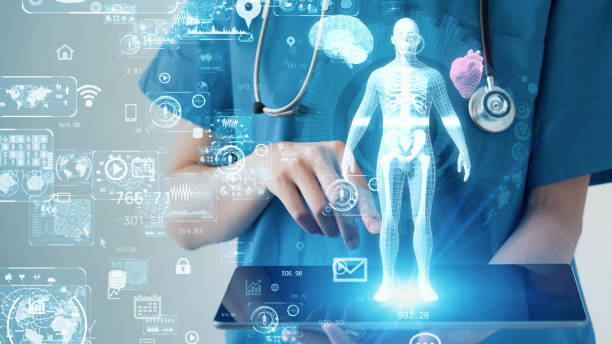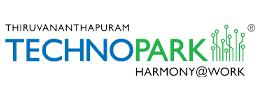The Internet of Things (IoT), artificial intelligence (AI), and telemedicine are rapidly transforming the healthcare industry. These technologies have the potential to improve the quality and efficiency of healthcare delivery, while also making it more accessible and affordable.
IoT devices are already being used in a variety of ways in healthcare. For example, wearable devices can be used to monitor patients’ vital signs and activity levels, while smart home devices can be used to track medication adherence and provide reminders for appointments. IoT devices can also be used to collect data on patients’ lifestyles and environments, which can be used to develop personalized treatment plans and identify potential health risks.
AI is also having a major impact on healthcare. AI-powered systems can be used to diagnose diseases more accurately, develop new drugs and treatments, and personalize care for individual patients. AI is also being used to develop new surgical robots and other medical devices.
Telemedicine is the use of telecommunications technology to provide healthcare services remotely. Telemedicine can be used to provide consultations, diagnose diseases, and monitor patients’ conditions. Telemedicine is particularly beneficial for patients in rural or underserved areas, as it allows them to access high-quality care without having to travel to a major medical center.
The combination of IoT, AI, and telemedicine is transforming the future of healthcare.Together, these innovations promise a future where healthcare is not just reactive but proactive, where barriers to access are diminished, and where the patient experience is greatly enhanced. As these technologies become intertwined with our care systems, the dream of global, personalized, and efficient healthcare moves closer to reality.





